22.7% of internet users use social media for work-related networking and research
Content posted by employees on their personal accounts receives 8x more engagement than content posted on brand channels. Food for thought.
This underlines the dire need to establish a strong, trustworthy brand reputation, as well as an individual online reputation for every company representative in the game.
WebsiteRanking’s in-depth research summarized the most influential internet statistics for 2022 across numerous topics, including social selling:
In 2022, the B2B audience mostly preferred these social media platforms:
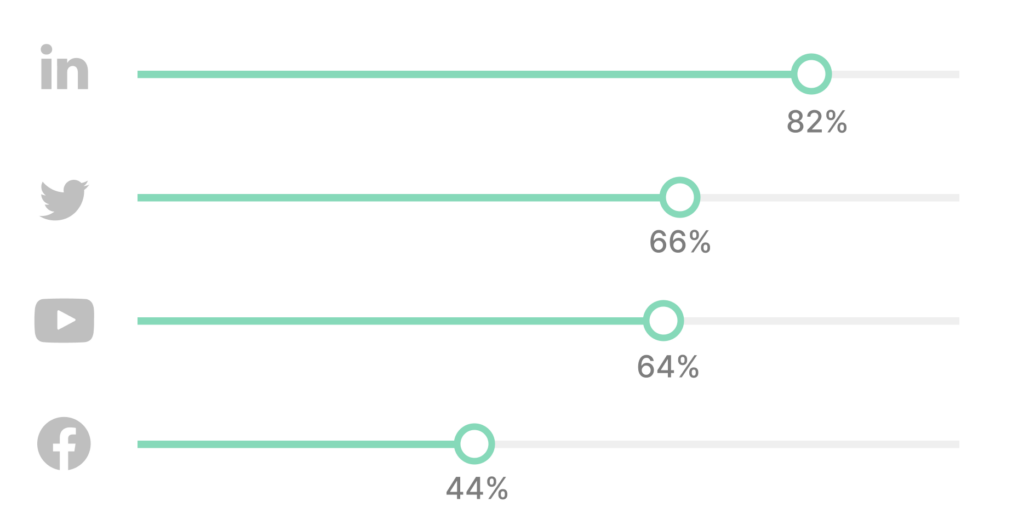
They also provide some rather interesting facts on every social media platform.
Instagram analytics state that:
Facebook stays strong over the years:
LinkedIn is where most of the B2B action is happening:
As we can see, even though Facebook may be the most popular social network, it’s far from the best option for B2B sales. LinkedIn is the real goldmine for lead generation and social selling in the B2B world. So I would strongly recommend you test the waters with social selling on LinkedIn.
Businesses should keep an eye out for social media channels that may not be at the top (yet) but are steadily growing in the social selling world.
In a huge survey by Hootsuite, companies were asked to select their top 3 most effective social platforms. There was a 700% increase in choosing TikTok and a 1200% for Snapchat in a short span of a year! (from 2020 to 2021)
Hootsuite also published a 2022 Social Trends Report uncovering that:
- 51.4% of businesses plan to bump their social spending in 2022
- 83% of marketers are confident in quantifying the ROI of their social efforts
- 55% of marketers say their social media ads are fully integrated with the overall marketing strategy
- 65% of businesses have completely integrated their organic and paid social efforts
- younger generations turn to social media to research brands more than search engines
75% of all internet users use social media to research brands before making a purchase
Gartner predicts that by 2025 a shocking 80% of all B2B engagement will occur via digital channels, which basically means B2B businesses without strong online presence won’t survive.
Another prediction of theirs is that by 2023, 60% of all customer service requests will be managed via digital channels.
While on the topic of customer service, here are some other compelling stats:
- 64% of people said they now prefer to message rather than call a business
- 60% of consumers say they’re open to receiving personal messages from companies
- 71% of organizations have either not started investing in social customer care yet, or they don’t plan to invest in it at all.
A bit of a discrepancy, to say the least. When it comes to the future of customer service, what the actual customers want and what businesses are planning to do are completely misaligned.
InsideView has recently put together a “Modern Guide to Social Selling“, which shed light on a couple of pretty interesting stats:
- Buyers are, at a minimum, 57% through the buying cycle before they want to engage with a sales rep.
- Social media has a 100% higher lead-to-close rate than outbound marketing.
Hubspot’s State of Inbound 2018 research focused on cracking the customer acquisition code and found:
- 81% trust their friends and family’s advice over advice from a business
- 69% do not trust advertisements, and 71% do not trust sponsored ads on social networks
- 90% of consumers expect an immediate response from support when faced with an issue
They also conducted a study to see what sources of information customers rely on most when making a purchase decision (for business software):

In the Hospitality Industry, social selling is on a whole new level. A prominent study by TripAdvisor revealed that 98% of businesses believe online reviews are important and 97% say their online reputation is important to their success.
In another infographic, SalesForLife also revealed that:
- Nearly 82% of buyers view between five to eight pieces of content from the winning vendor
- 95% of buyers choose a vendor that provides them with content throughout the entire buying process.
- B2B organizations with sales and marketing teams closely aligned achieved a 24% faster revenue growth and a 27% faster profit growth.
Additionally, they’ve published their social selling trends report, with key findings that include:
- Sales teams who embrace social experiences report an 18% pipeline growth, 28% faster.
- 78% of social sellers hit their revenue goals compared to 38% of non-social sellers.
- Salespeople leveraging social selling experience have a 31% higher ROI than those who stick to traditional tactics.
You’re best off focusing your efforts on video
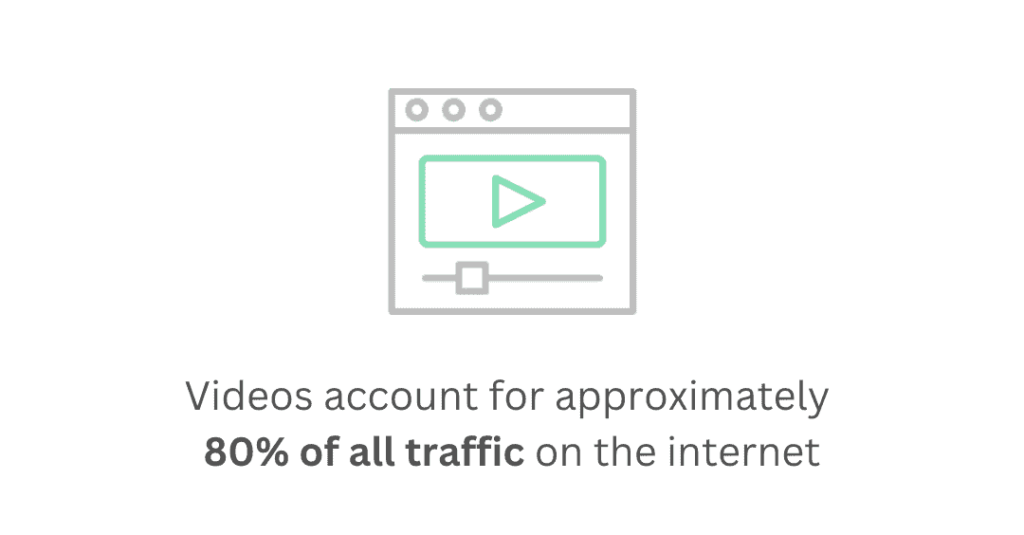
- In a survey conducted by Google, 70% of participants said that they did business with a brand after seeing one of their YouTube advertisements (guilty)
- Videos posted on social media have earned new customers for 93% of businesses
Another report published on eMarketer looked into how social commerce affects growth and found that around half of all US adults made at least 1 purchase via social media in 2021.
Worldwide, social media purchases reached $492 billion that year and are expected to hit $1.2 trillion by 2025.
Social selling is built on trust and transparency. The days of slightly exaggerating or deceiving consumers in the name of sales are long gone. In fact, it’s probably the worst decision a business can possibly make.
86% of consumers believe transparency is more important than ever before, and 73% are willing to pay more for brands that guarantee complete transparency.
But there’s another crucial part of social selling that affects lead generation and sales, and that is
REFERRALS
Want to know how much that warm referral you get from social selling is worth?
Annex Cloud found that referral marketing generates 3-5x higher conversion rates than any other channel.
This is pretty convenient for businesses given that 84% of people trust online reviews as much as those of their friends and family.
This is backed by the renowned G2 that found 92.4% of B2B buyers are more likely to purchase a given product after reading positive reviews. SproutSocial weren’t that far apart in their 2022 Social Media report with 88%.
49% of consumers make purchasing decisions based on their favorite influencer recommendations on social media. This is the reason so many businesses turn to influencer marketing to reach new audiences.

Source: Losasso
Reputation and trust come hand in hand, and without trust – there will never be any sales. In LinkedIn’s State of Sales 2018 research, the number one factor most salespeople agree leads to a closed deal is trust (40%).
Hubspot also backed up the importance of referrals with an infographic from PostBeyond.com.
- 65% of new business comes directly from referrals, and the benefits don’t stop there.
- Those referred customers go on to spend an average of 13% more than regular customers.
- Around 78% of consumers admit being influenced to buy a product by posts from their favorite brands they follow on social media.
- Decision-makers are 4X more likely to make a purchase with a referral from a friend.

Source: Forbes
How much of a difference would that make to your turnover?
Even if you’re not necessarily planning on ‘selling’ through social media, it’s still crucial to be present there to interact with consumers from all over the world.
68% of consumers agreed that social media encourages them to interact with different brands, which brings them endless long-term value.
Looking forward, the top channel companies plan to incorporate is YouTube, with 55% having already added the video-sharing network into their marketing strategies this year.
In their 2017 Digital Marketing Plans Survey, social media was ranked as the third most effective channel to include in a digital marketing strategy. The only channels rated more effective were websites and email.
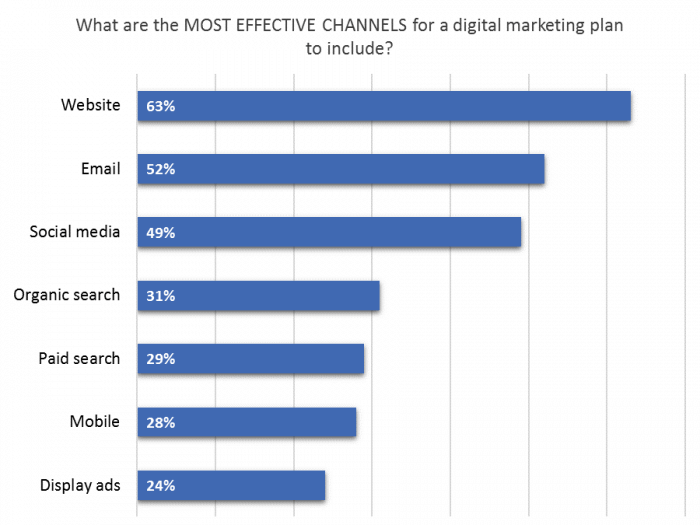
Source: Ascend2
However, the same study showed 40% of marketers found social media one of the most challenging channels to execute, alongside websites.
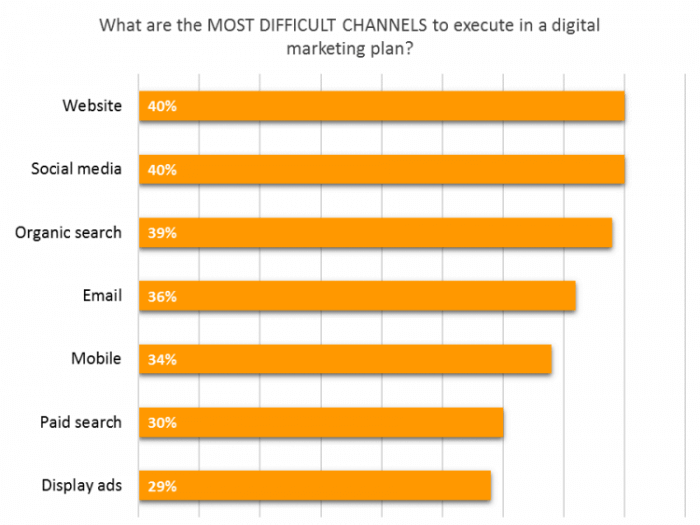
Source: Ascend2
LinkedIn’s report on The Deeper Meaning of Social Selling by Industry showed 14 industries that have more than half of their revenue influenced by social selling.
The top performers were Computer and Network Security (67% revenue), Computer Software (also 67%), and Marketing and Advertising (66%).
In their latest study from October 2017, Ascend2’s Marketing Technology ROI report revealed that 35% of marketers believe technology-driven social and relationship marketing is most likely to increase ROI, putting them on the same level as advertising/promotion.
On your path to social selling, don’t forget to make every aspect mobile-friendly, after all 91% of all social media users go online via their mobile devices.
The content that you share on social media can have a massive impact
In their latest 2022 report, DemandGen mentions that 55% of buyers rely on content for purchases significantly more compared to last year.
According to this report, people are looking for shorter, more interactive content, with an emphasis on education rather than selling. A massive 96% of respondents want content with more input from industry thought leaders.
At these rates, you better make triple-sure that your marketing team has a solid content strategy in place.
Still need convincing that social selling is worth the investment? SalesforLife reports that social sellers gain 57% higher ROI from social selling vs 23% using traditional (cold calling, call lists, etc.).

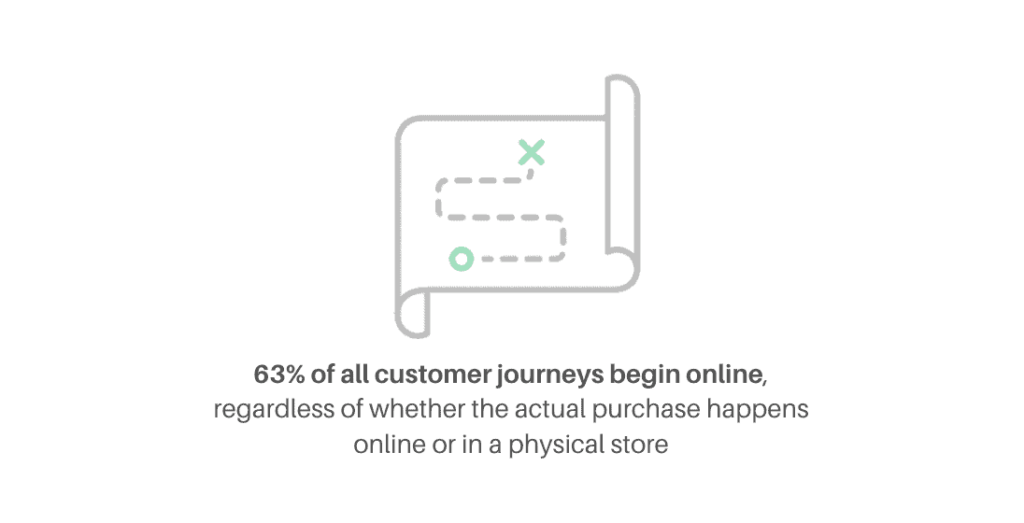
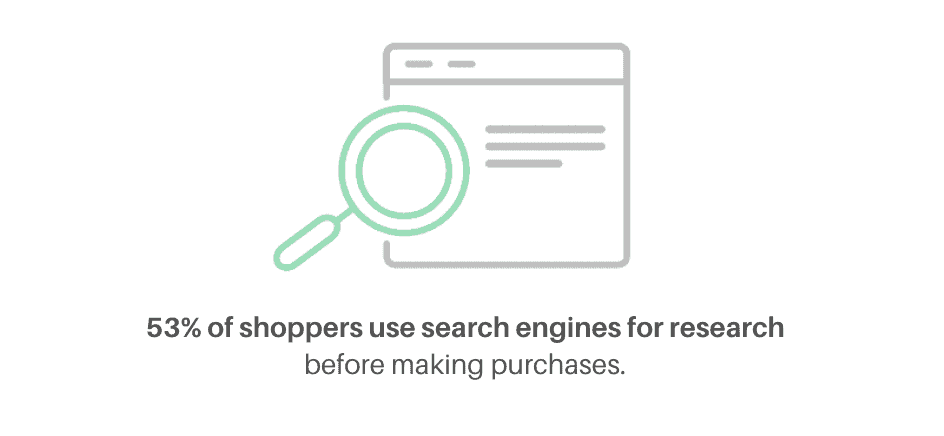








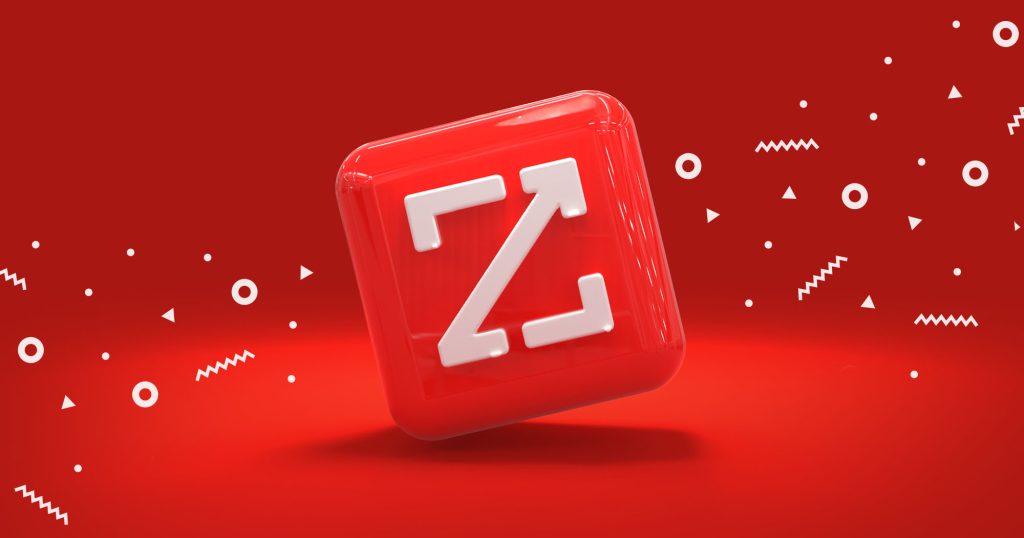



![How to Write Your Perfect LinkedIn Connection Message [With 15+ Templates] How to Write Your Perfect LinkedIn Connection Message [With 15+ Templates]](https://reply.io/wp-content/uploads/linkedin.messages-1024x538.jpg)